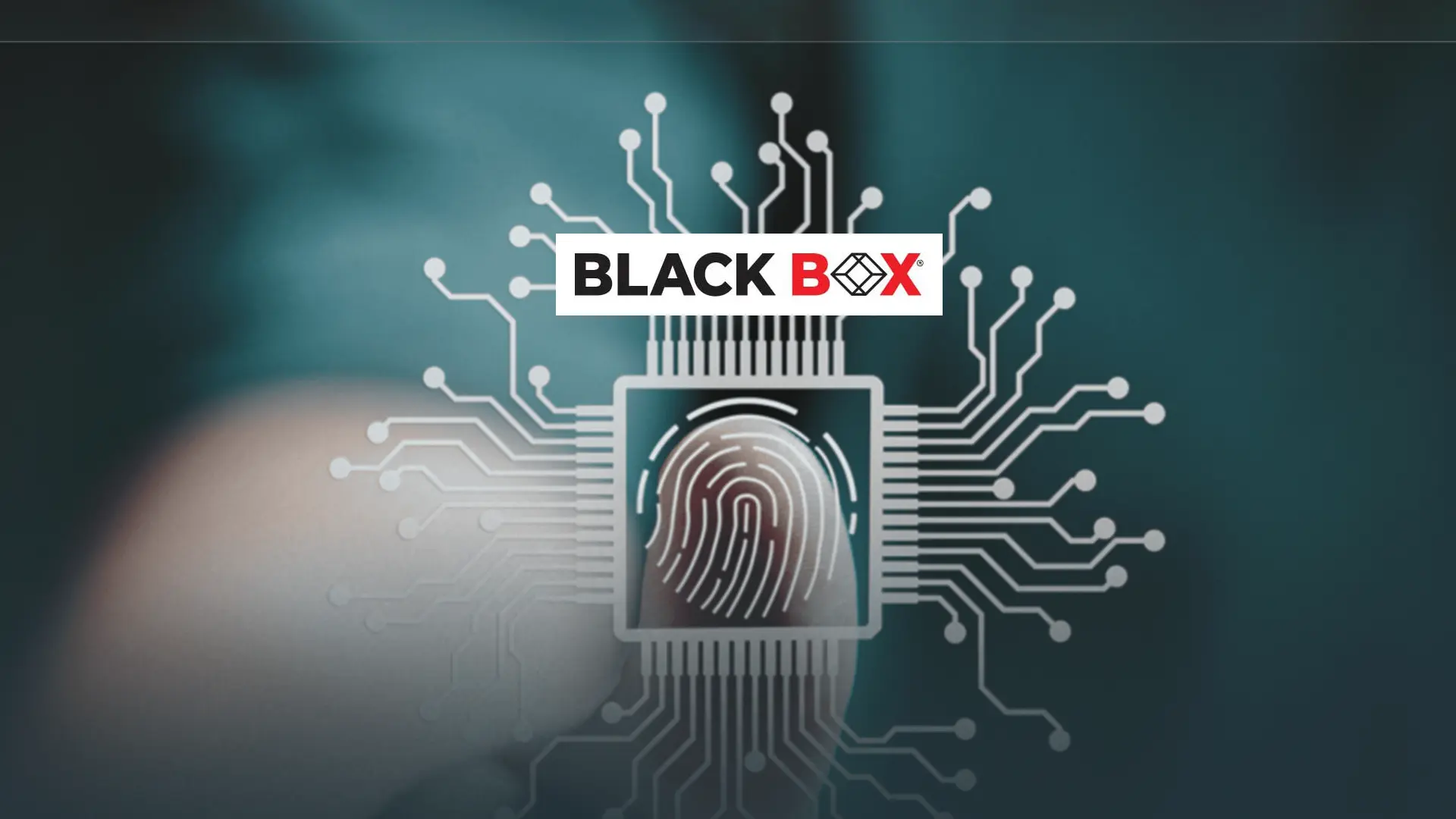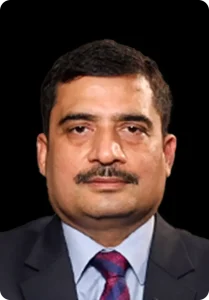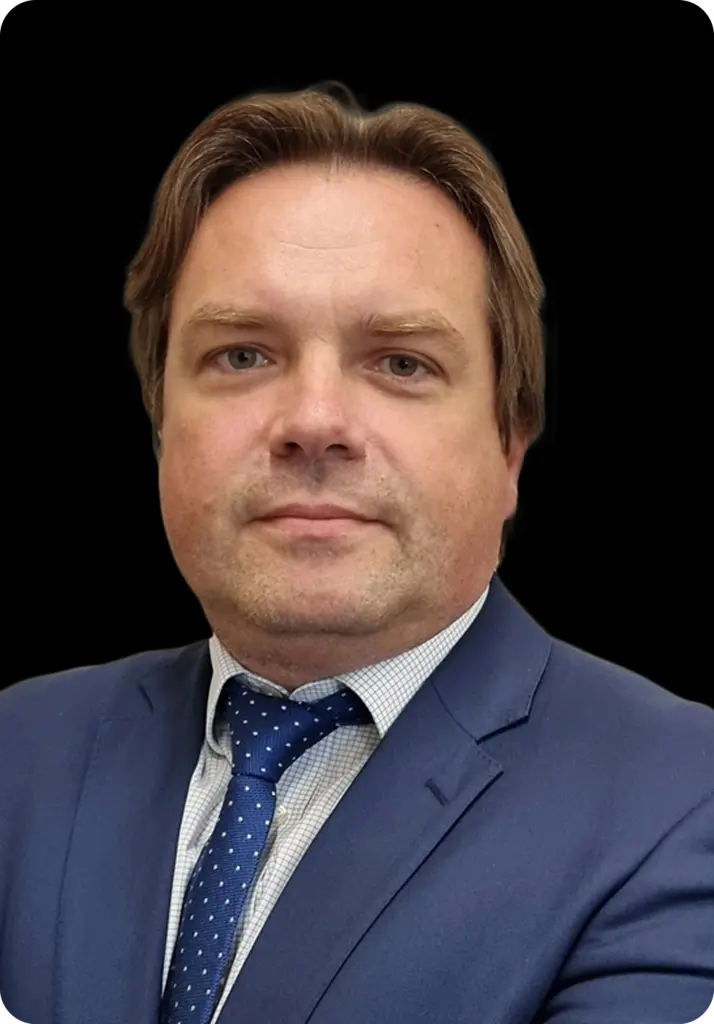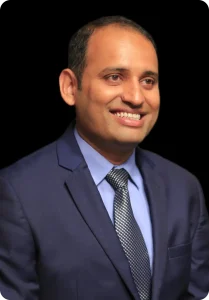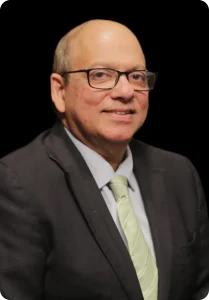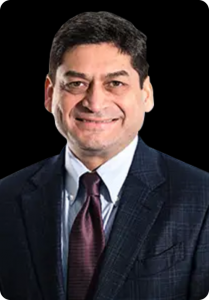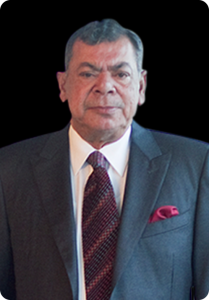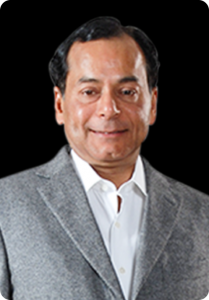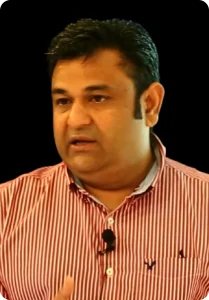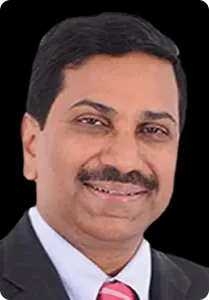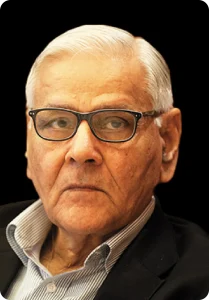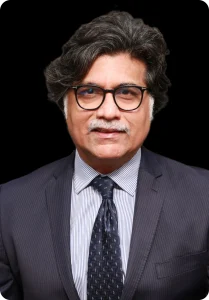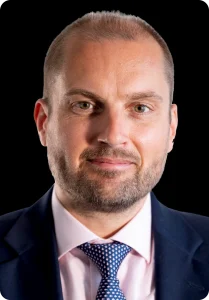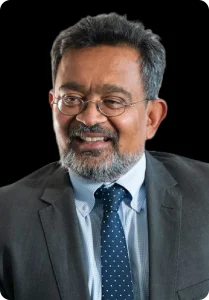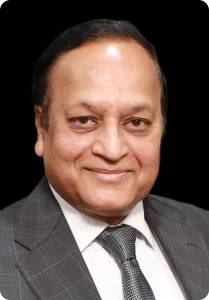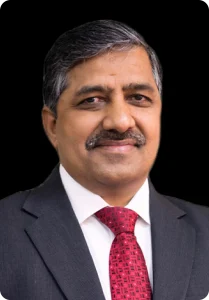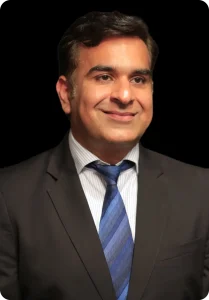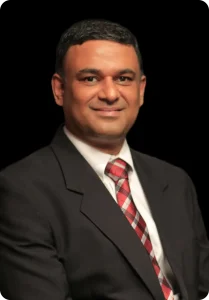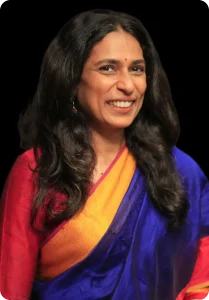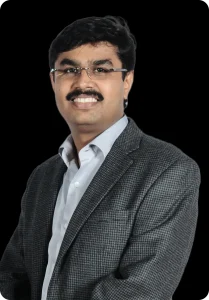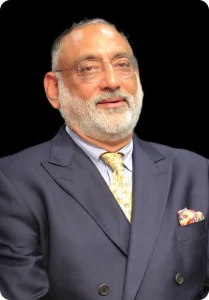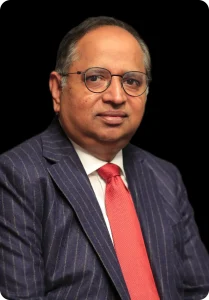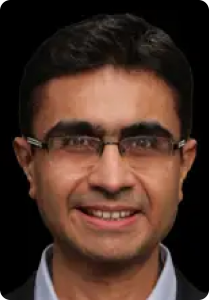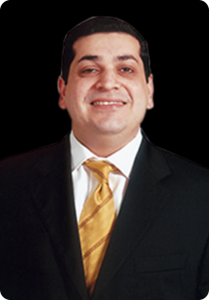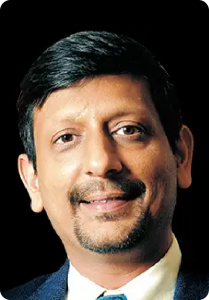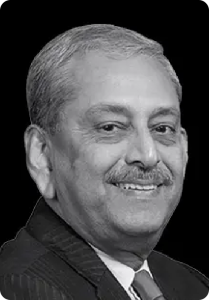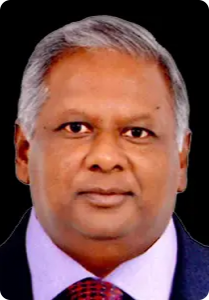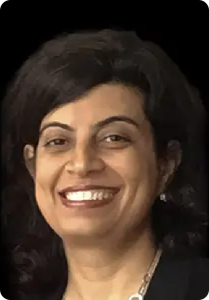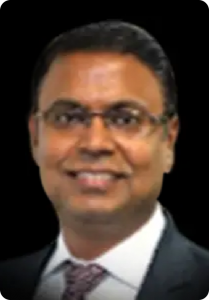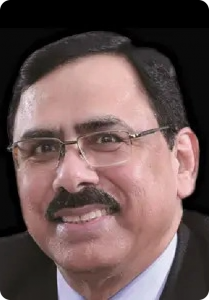Essar Group sees huge growth potential in its IT firm Black Box with boom in artificial intelligence (AI) technology driving demand for new data centres and managed services across the globe, a top official of the multinational conglomerate said.
In an exclusive interview with PTI, Prashant Ruia, director of Essar Capital, which manages the group’s portfolio of investment, expressed confidence in the sector.
“This is a company which can see tremendous growth, because the kind of growth taking place in data centres and managed services globally is exponential,” he said.
Black Box, listed on the Indian stock exchanges, has operations spread across 35 countries, but its major business comes from the US.
“It’s obviously listed in India, but it’s primarily headquartered, main operations are in the US. We currently do about USD 800 million of revenue in Black Box… about 75 per cent of the market for us is the US. We have a very large operation headquartered in Dallas, we have close to 3,000 people,” he said.
More than USD 200 billion/year of data centres are getting built in America alone, he said.
He attributed this to the growth of Artificial Intelligence, which has “dramatically” increased the requirements for computing power.
“People are building massive data centres in the US to manage this requirement. And that’s a huge market opportunity. I think even in India, a very large number of data centres are coming up,” he said.
Ruia, however, noted that the company is not into investing in data centres, but helping build and manage them.
Black Box reported a multi-fold ascent to Rs 138 crore in its profits for FY24, while its revenue remained flat at Rs 6,282 crore.
Founded by brothers Shashi Ruia and Ravi Ruia in 1969, the Essar group, which once owned Hutchison Essar (now Vodafone-Idea), has no plans to re-enter the telecom market due to a lack of growth potential, said Ruia.
The group ventured into the telecom space in 1995, with Essar Cellphone, and started GSM (Global System for Mobile Communications) operations from Delhi in the same year. Through the Hutchison Essar partnership, it started acquiring telecom circles in India, and by 2006, all the circles were under Hutchison Essar Limited.
“From 1995-2010, it was an amazing time for being in the telecom sector. And we certainly benefited from that investment, we’ve benefited from that growth. Those days, there were 10-12 telecom companies, it was not a two-player or three-player market,” he noted, calling it a golden phase for investment in the sector.
In 2006, Hong Kong-based Hutchison sold 67 per cent of its stake to Vodafone for about USD 13.1 billion and exited India.
Essar, which continued to hold a 33 per cent stake in Vodafone-Essar, too sold its stake and bid goodbye to the telecom business.
“When we started, nobody had a mobile phone. And then we build the business. By the time we sold it to Vodafone, we had 90 million customers,” Ruia reminisced.
Ruia said he believes the market was once ripe for growth, offering unique opportunities to scale and invest. However, he does not see the same potential today, citing the lack of opportunities to expand and invest.
“We were addressing a market, which was open — the customers did not have phones, we were introducing phones… but today, everybody already has a phone, everybody has a service.
“So unless there’s a unique proposition, it’s very difficult, for anybody for that matter, to enter the telecom space at this stage,” he said.
Source: PTI

